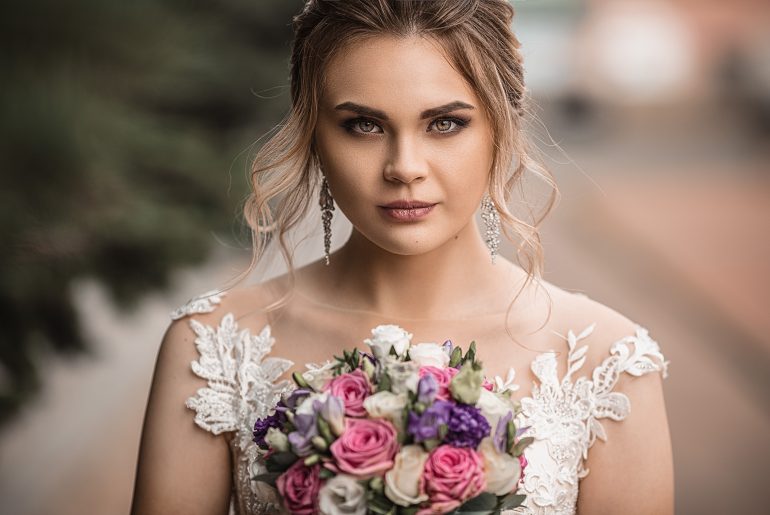The Ultimate Guide to Hiring a Wedding Band: From Research to Dance Floor

Introduction
Live music at a wedding can significantly enhance the overall atmosphere and experience for both the couple and their guests. It adds a dynamic and personal touch to the celebration that recorded music simply can’t replicate.
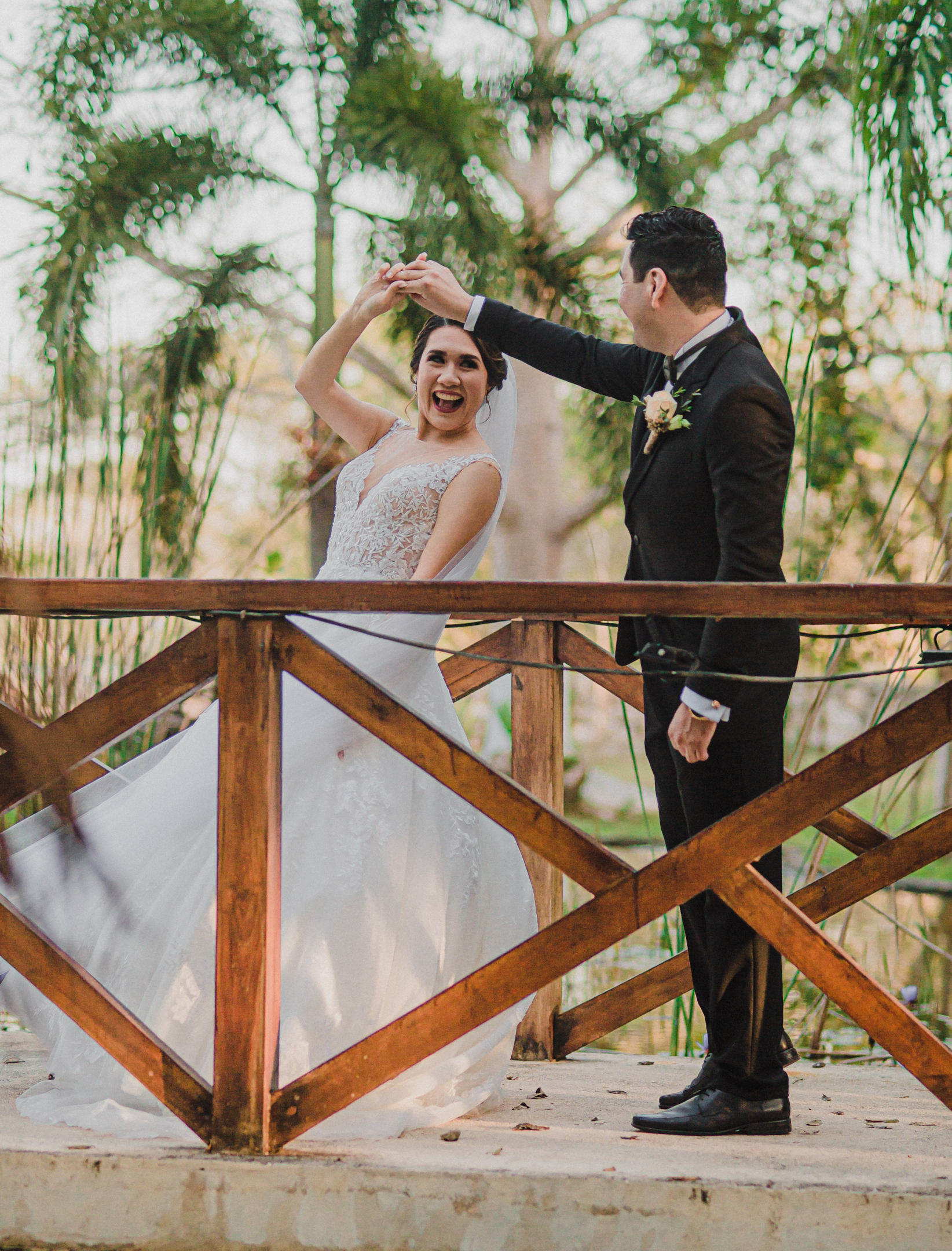
Here are some key reasons why live music is important at a wedding and the benefits of hiring a wedding band:
1. Emotional Connection: Live music has the power to evoke emotions and create a more profound connection between the couple, their guests, and the music itself. The nuances in the performance, such as the singer’s voice and the musicians’ expressions, can create a more intimate and memorable experience.
2. Unique Atmosphere: A live wedding band brings a unique energy and atmosphere to the event. They can adapt their performance to match the mood of different moments throughout the wedding, whether it’s the romantic ambiance during the ceremony or the high-energy dance party at the reception.
3. Personalization: A wedding band can learn and perform the couple’s favorite songs, making the event more personal and meaningful. This personal touch can enhance the emotional resonance of the celebration and create lasting memories for the couple and their guests.
4. Interaction and Engagement: Live performers have the ability to interact with the audience, engaging them in a way that recorded music can’t. This interaction can encourage guests to dance, sing along, and feel more involved in the celebration, ultimately leading to a more vibrant and enjoyable atmosphere.
5. Versatility: A skilled wedding band can cover a wide range of musical genres and styles to cater to the diverse preferences of the guests. Whether it’s classic ballads, upbeat pop songs, or lively jazz tunes, a band can offer a versatile playlist that keeps everyone entertained.
6. Energy and Entertainment: A live band’s performance brings a certain level of excitement and energy that can be contagious. Their enthusiasm on stage can encourage guests to get up, dance, and actively participate in the celebration, creating an atmosphere of celebration and joy.
7. Memorable Experience: Live music leaves a lasting impression. Guests are more likely to remember the music, the performance, and the moments shared on the dance floor when they are accompanied by live instruments and voices.
8. Aesthetic Appeal: The visual aspect of a live band performing on stage adds to the overall aesthetics of the wedding. The musicians’ presence, their instruments, and the coordination of their performance contribute to the overall visual appeal of the event.
9. Customization: Wedding bands can often tailor their performance to match the couple’s preferred style and theme. This customization allows the music to seamlessly blend with the overall wedding concept and create a cohesive experience.
10. Focal Point: Live music provides a focal point for the event, giving guests a central point of interest and entertainment. The band’s performance becomes a shared experience that can unite people and create a sense of community.
In summary, hiring a wedding band for live music brings a wealth of benefits, including emotional connection, uniqueness, personalization, engagement, versatility, energy, and lasting memories. It elevates the celebration and turns it into an unforgettable experience that reflects the couple’s love and personality.
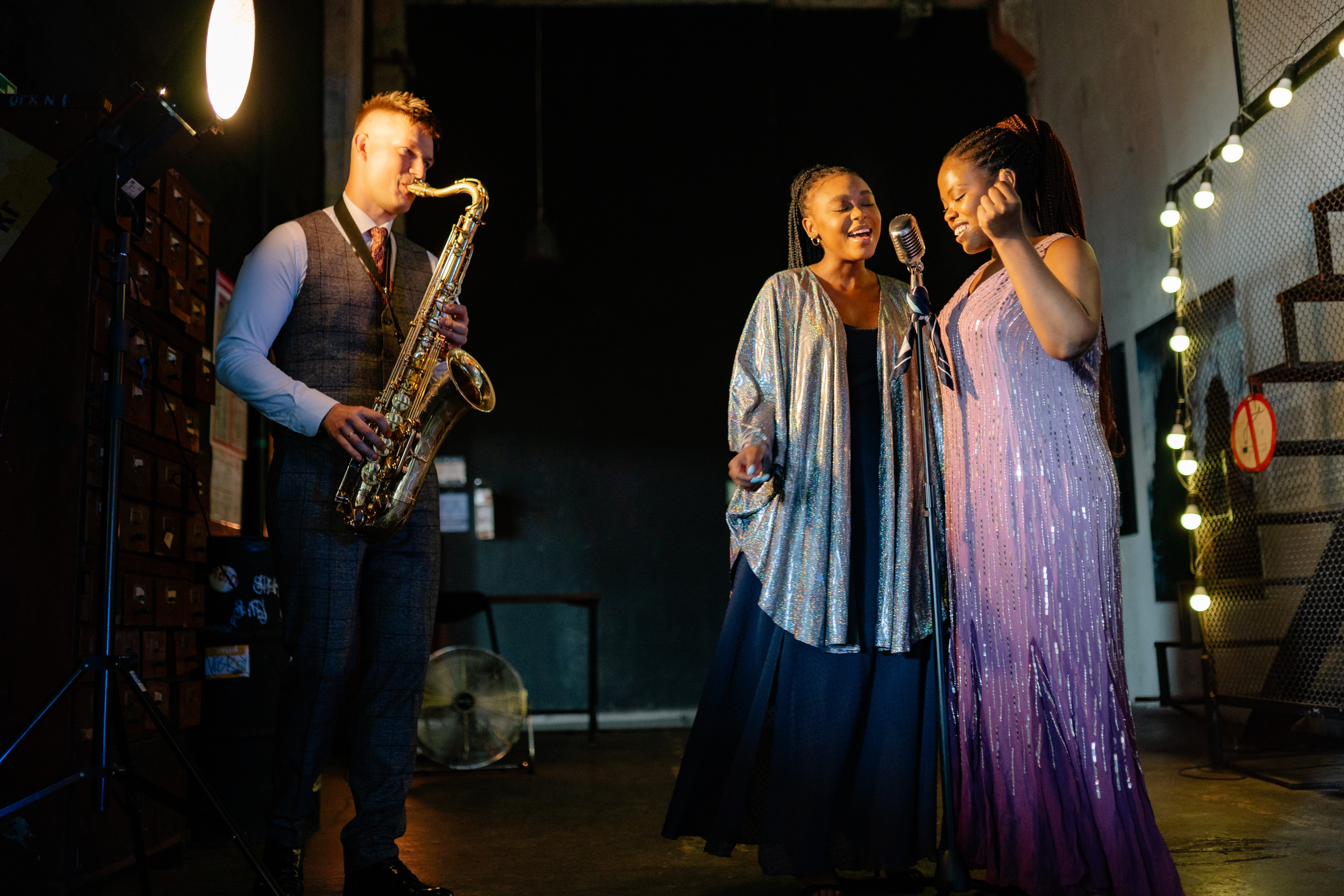
Establishing your wedding music vision
Creating a wedding music vision involves determining the overall mood, atmosphere, and emotions you want to evoke through the music played during your special day. Here are some steps to help you establish your wedding music vision:
1. Define Your Style and Theme: Decide on the overall style and theme of your wedding. Are you going for a classic, modern, rustic, vintage, or bohemian vibe? The music should complement the overall aesthetic you’re aiming for.
2. Consider the Ceremony: Think about the different parts of your wedding ceremony that will require music, such as the processional, recessional, and any interludes during readings or rituals. Do you want these moments to be traditional, contemporary, or a mix of both?
3. Express Emotions: Consider the emotions you want to convey during each part of the ceremony and reception. Do you want the music to be joyful, romantic, emotional, or uplifting? Match the music to these emotions.
4. Personalize the Playlist: Choose songs that have personal significance to you and your partner. These could be songs that hold memories or songs that reflect your relationship journey.
5. Incorporate Cultural and Religious Elements: If there are cultural or religious aspects to your wedding, incorporate music that aligns with these traditions. This could include hymns, traditional songs, or music that has a special meaning within your culture.
6. Consider Your Guests: While it’s important to choose music that resonates with you, also consider your guests’ preferences. Include a mix of genres and eras to cater to a diverse audience.
7. Plan for Special Moments: Identify any special moments during the wedding that could benefit from a carefully chosen song. This could include your first dance, parent dances, cake cutting, and more.
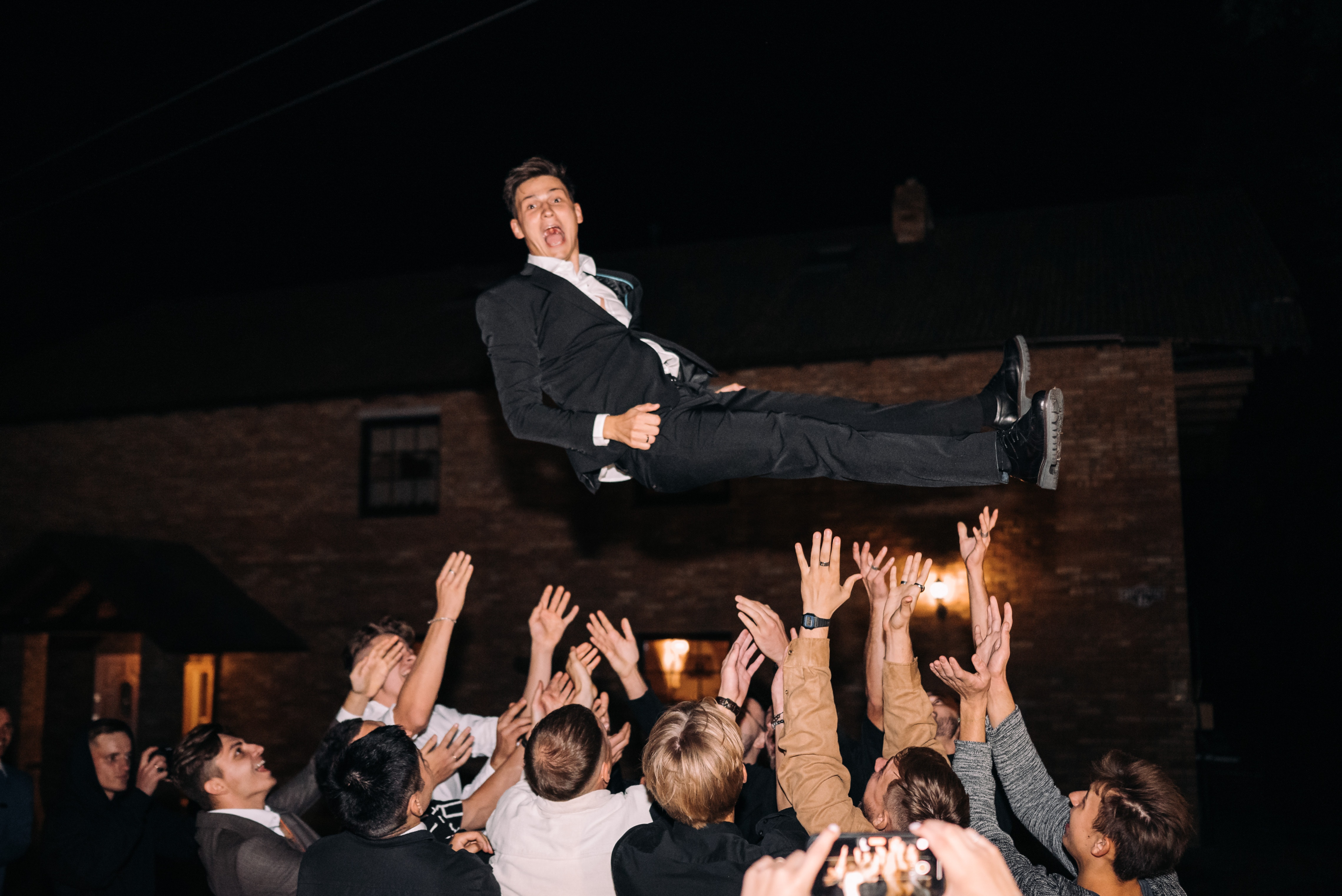
Budgeting for a wedding band
Budgeting for a wedding music band is an important aspect of wedding planning. The cost can vary based on factors such as the band’s reputation, location, duration of performance, and any additional services they offer. Here’s a general breakdown of the costs and some tips to help you budget for a wedding music band:
1. Research and Explore Options: Research different music bands that fit the style and vibe you want for your wedding. Look into bands that specialize in the genre you prefer, whether it’s a live band playing jazz, rock, pop, country, or any other style.
2. Determine Your Budget: Set a clear budget for your wedding music entertainment. The budget should include not only the band’s performance fee but also any additional costs like travel, accommodation, meals, and equipment setup.
3. Inquire About Pricing: Contact potential bands on mangolola.com and inquire about their pricing. Bands often offer different packages based on the number of musicians, duration of performance, and any extras they might include (sound system, lighting, additional musicians, etc.).
4. Size of the Band: The number of band members can significantly affect the cost. Larger bands with more musicians will generally cost more than smaller ones.
5. Duration of Performance: Decide how long you want the band to perform. Most wedding bands offer packages based on the number of hours they’ll be playing. Keep in mind that the longer they play, the higher the cost.
6. Travel and Accommodation: If the band is not local, consider additional costs like travel expenses, accommodations, and meals. Some bands might require you to cover these expenses.
7. Additional Services: Some bands offer additional services like DJ services during breaks, special song requests, or extended performance hours. These extras might come at an additional cost.
8. Quality and Reputation: Well-known or highly regarded bands might charge more due to their reputation and demand.
9. Book Early: Good wedding bands often get booked well in advance, especially during peak wedding seasons. Booking early can help you secure the band you want at a reasonable price.
10. Review Contracts: Once you’ve decided on a band, review the contract carefully. Make sure it includes all the details you’ve discussed, including performance times, equipment provided, payment terms, and any cancellation policies.
11. Negotiate: Depending on the band and your timing, you might have some room for negotiation, especially if you’re booking during their off-peak season.
12. Hidden Costs: Be aware of any additional costs that might arise, such as overtime charges if you want the band to perform beyond the agreed-upon time.
As for specific pricing, wedding music bands can vary widely in cost. It’s essential to find a band that fits your budget while also delivering the musical experience you desire for your special day.

Finding the perfect band
Finding the perfect wedding music band involves a thoughtful and systematic approach to ensure that the musical atmosphere aligns with your vision for the big day. Here’s a step-by-step guide to help you in your search:
1. Define Your Vision: Start by envisioning the mood and style of music you want for your wedding. Consider factors like the theme, venue, and personal preferences. Whether you desire a classical quartet, a lively jazz ensemble, a versatile cover band, or a DJ with a diverse playlist, clarifying your musical vision will guide your search.
2. Research Online: Utilize online platforms, such as mangolola.com, social media, and music agency websites, to explore different bands or musicians. Read reviews, watch videos of their performances, and listen to audio samples to gauge their talent and compatibility with your preferences.
3. Seek Recommendations: Ask friends, family, or other vendors (like photographers or wedding planners) for recommendations. Personal referrals can provide insights into the quality and professionalism of potential bands.
4. Attend Live Performances: Whenever possible, attend live performances of the bands you’re considering. This gives you a firsthand experience of their stage presence, interaction with the audience, and overall performance quality.
5. Check Availability: Reach out to the bands early to check their availability on your wedding date. Popular bands can get booked quickly, so starting your search early is crucial.
6. Inquire About Repertoire: Ask about their song list and whether they can accommodate special song requests. A band that can personalize their setlist to your preferences will create a more meaningful experience.
7. Consider Band Size: Decide on the size of the band that best suits your venue and musical preferences. Larger bands might offer a more robust sound, while smaller ensembles can create an intimate ambiance.
8. Discuss Logistics: Inquire about their equipment, setup needs, and any technical requirements. Ensure they have experience performing at wedding venues to ensure a smooth setup and performance.
9. Discuss Pricing and Packages: Get a clear understanding of their pricing structure, including any additional costs for travel, overtime, or special requests. Compare different options to find the best value for your budget.
10. Meet or Interview Potential Bands: Arrange a meeting or video call with the potential bands. Discuss your vision, timeline, and any specific requirements. This interaction will help you gauge their professionalism, responsiveness, and willingness to tailor their performance to your needs.
11. Check References: Don’t hesitate to ask for references from past clients. This can give you valuable insights into the band’s reliability and performance quality.
12. Sign a Contract: Once you’ve found the perfect wedding music band, ensure that all the details are outlined in a contract. This should include the date, time, venue, setlist, payment terms, and any other relevant information.
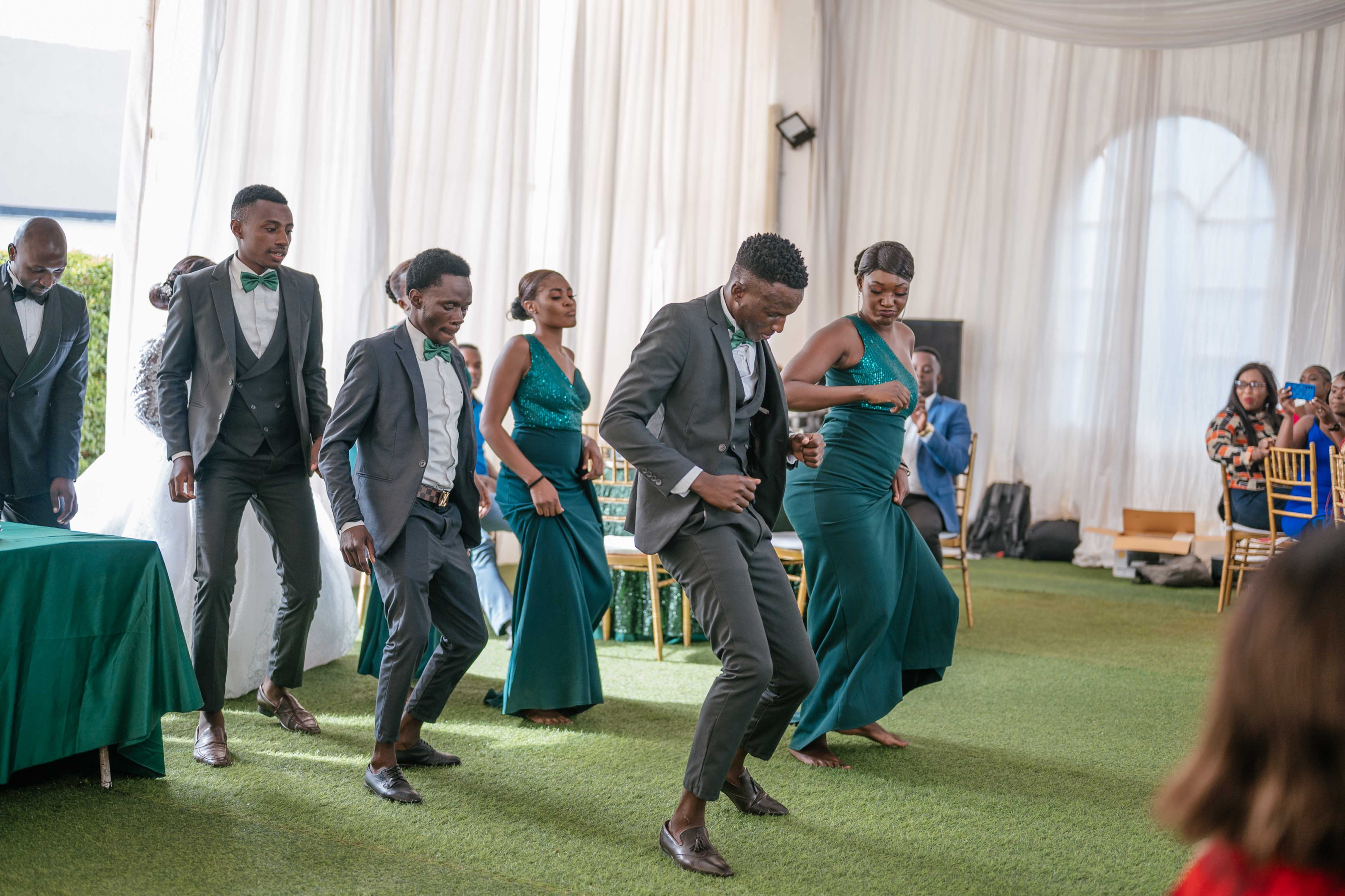
Planning the wedding day timeline
Creating a well-structured wedding day timeline for your band ensures that everything flows smoothly and that the musical performances are seamlessly integrated into the overall schedule. Typically cocktail hour is one hour, some couples extend the cocktail hour, so they can get more photos done during this time and not feel rushed. Reception is typically 4 hours and includes:
-
Grand entrance of the newlyweds and wedding party.
-
First dance.
- Welcome speeches and toasts.
- Dinner service begins. Band plays soft, background music during dinner.
- After dinner dancing portion of the evening begins. Band starts with a mix of upbeat songs to get the dance floor going.
- Band takes a short break. During this time, a playlist can be played through the sound system.
- Band resumes with more dancing music, engaging with the crowd and playing a variety of genres.
- Special dances (father-daughter, mother-son).
- Band plays a high-energy set to keep the party atmosphere going.
- Band continues with the final set of dance music.
- Band’s performance ends with an energetic song to leave a lasting impression.
The timeline can be adjusted based on your specific preferences, the length of the event, and any additional activities you might have planned.

Dress code and band attire

Here are some dress code options to consider:
1. Formal Attire:
Have the band members dress in formal attire, such as tuxedos for men and elegant dresses for women. This works well for upscale and traditional weddings.
2. Semi-Formal Attire:
Opt for a slightly relaxed dress code, like suits for men and cocktail dresses for women. This can strike a balance between formal and comfortable.
3. Matching Outfits:
Choose specific outfits or color schemes that match your wedding’s color palette. This can help the band blend seamlessly with the décor.
4. Theme-Based Attire:
If your wedding has a specific theme (e.g., vintage, rustic, beach), ask the band to dress in a way that complements the theme.
5. Black and White Attire:
Request that the band members wear black and white attire, creating a classic and cohesive look that suits various wedding styles.
6. Casual Elegance:
If you’re aiming for a relaxed yet stylish atmosphere, suggest dressy-casual outfits that still look polished and put-together.
7. Consult with the Band:
Engage in a conversation with the band to understand their typical attire and make suggestions based on your wedding’s vibe. Collaborate to find a suitable compromise.
Managing unexpected situations
Unpredictable weather conditions can indeed pose a challenge for an outdoor wedding. Here’s how to handle unexpected weather conditions and ensure a smooth musical experience:
1. Have a Backup Plan: Always have a solid backup plan in place for inclement weather. This could involve securing an indoor location or renting a tent in case of rain or extreme weather. Make sure the band is aware of the backup plan and can easily transition to the alternate location.
2. Communicate with the Band: Keep open lines of communication with the music band from the start. Inform them about the possibility of weather-related changes and discuss how you would like to proceed in case of adverse conditions.
3. Weather Updates: Monitor weather forecasts leading up to the wedding day. Keep the band informed about any changes in the weather outlook so they can be prepared.
4. Protect Instruments and Equipment: If the band is performing outdoors, ensure that they have proper coverings to protect their instruments and equipment from rain or extreme sunlight. Portable shelters or canopies can be set up to shield them from the elements.
5. Audio Equipment Considerations: Rain or humidity can damage sensitive audio equipment. Work with the band and the audio team to take necessary precautions, such as using waterproof covers for equipment and ensuring proper grounding.
6. Stage Setup: If the band will be performing on a raised stage, ensure it’s properly constructed and safe for the band members, even if the ground becomes wet. This prevents accidents and maintains the quality of the performance.
7. Flooring: If your event involves dancing, consider providing flooring that can prevent slipping on wet grass or mud. Temporary dance floors or mats can be set up to ensure guests’ safety.
8. Lighting Considerations: If your event extends into the evening, consider how lighting conditions might change with unexpected weather. Adjust lighting setups accordingly to maintain visibility.
9. Stay Calm and Positive: In the face of unexpected weather challenges, maintain a positive attitude. Remember that the main goal is to celebrate your love, and your flexibility and grace under pressure will set the tone for the entire event.
By planning ahead, communicating effectively, and being prepared for various scenarios, you can navigate unexpected weather conditions while ensuring that your band continues to provide a memorable and enjoyable experience for you and your guests.
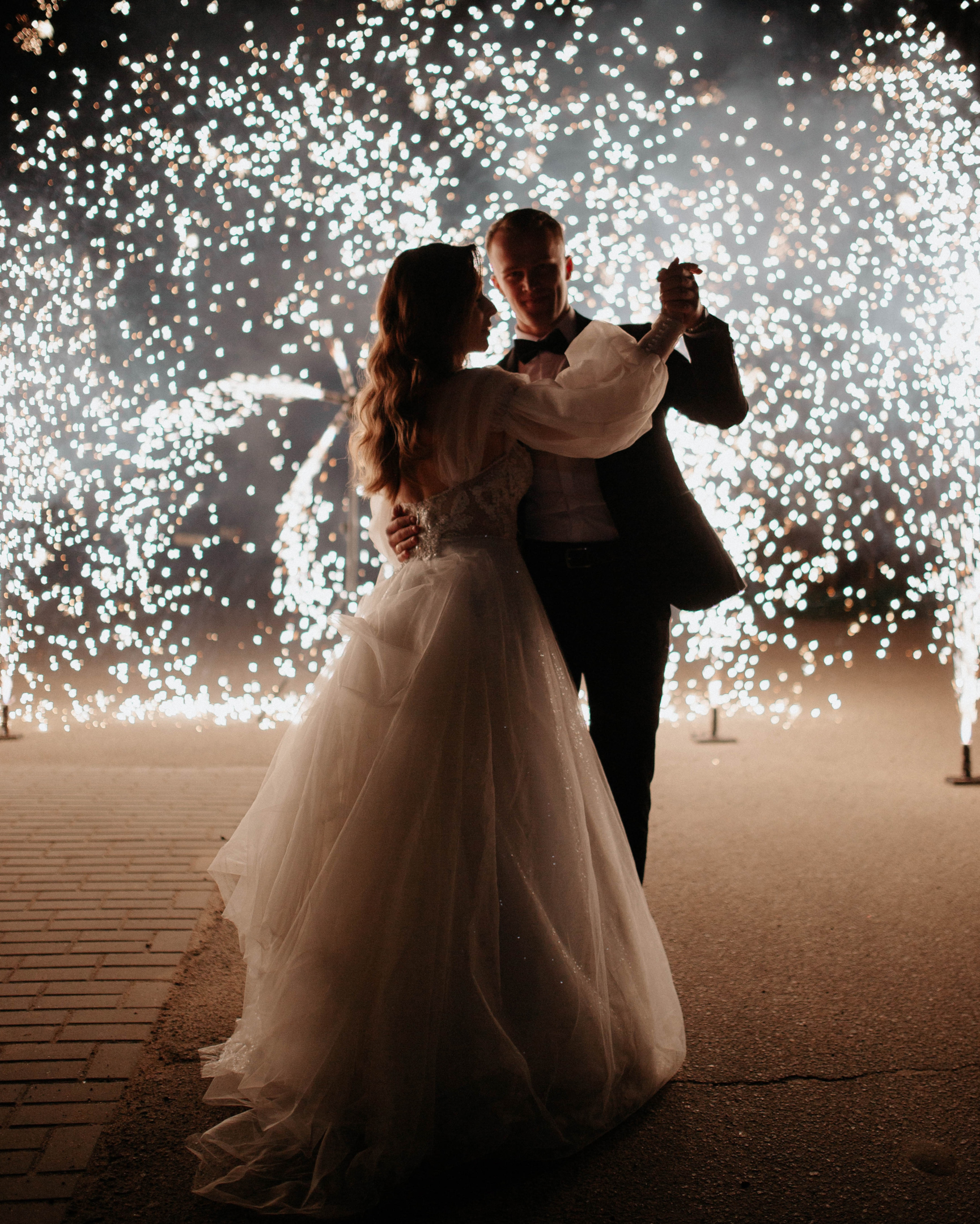
Post-wedding follow-up
A sincere thank you note goes a long way. Also taking the time to provide a great review is always appreciated.

Frequently Asked Questions (FAQs)
How far in advance should I book a wedding band? We recommend hiring your band as soon as possible. What this means is as soon as you book your wedding venue and know your wedding date, this is one of the first vendors you want to hire especially if you love a good band and love to dance.
What if my preferred band is unavailable on my wedding date? We have had couples pick their wedding date based on a bands availability. The most popular bands can get hired even up to 2 years in advance.
How can I ensure the band plays music that appeals to all age groups? A good band will get everyone on the dance floor. They can feel the room, and make sure all your guests have a great time.
Should I have a DJ in addition to the band? That is a good question. Most bands do not need a DJ. Some bands also do DJ. Also most band contracts are for 4 hours. Some couples after the Band is done, do hire a DJ to take over. The DJ can talk to the Band and arrange to use the Bands sound system, so the transition is seamless.
How do I handle requests from guests on the wedding day? Handling band requests from guests on the wedding day requires a delicate balance between accommodating their wishes and ensuring that the overall flow of the event is maintained.
Before the wedding day, have a conversation with the hired band or DJ about their flexibility in accommodating guest requests. Some bands might be open to taking requests, while others may have a predetermined playlist. The band or DJ should be able to gauge the crowd’s energy and preferences. If a guest request aligns well with the overall vibe, it might be a good time to play it. However, if the request doesn’t fit the atmosphere, it’s okay to politely decline. If there are any requests from the couple, parents, or close family members that hold special significance, make sure to prioritize those requests. While having a planned setlist is important for maintaining the event’s flow, some flexibility should be allowed to keep the dance floor energetic, and the guests engaged.

Let’s connect! Follow our journey on Instagram!
Sign up for a free account on Mango & Lola
Read more on our Blog


